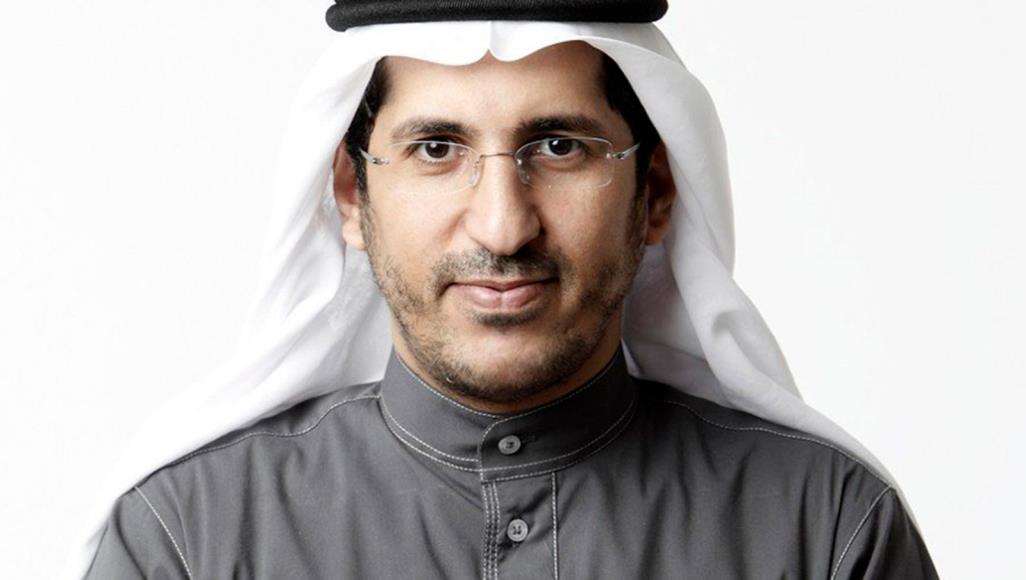
The Kingdom of Saudi Arabia is trying Dr. Ali Hamza Alomari (b. 1973) in the Specialized Criminal Court, a court created by the government to handle terrorism cases. Alomari was arrested on September 9, 2017, during a ruthless Saudi campaign against clerics and intellectuals.
Dr. Ali Alomari, an academic, Islamic cleric, and author, is the president of Makkah Almukaramah Open University, the chairman of the board of directors of the global organization, 4Shbab, and has contributed to the founding of numerous religious and youth institutes.
On September 11, 2017, an official source stated that the Presidency of State Security managed to observe intelligence activities undertaken by a group of persons,on behalf of external parties, against the Kingdom’s security, interests, program, capabilities, and social peace, in order to stir up strife and undermine national cohesion.
Less than one day after the Presidency of State Security’s statement, Saudi newspapers launched a fierce barrage ofreports and articles against the detainees (“Mercenaries of the Brotherhood,” “Traitors Brought Down,” “Brotherhood Of Demons,” “Organization of Traitors”), thus revealing their lack of independence andabsolute control by the Presidency of State Security.In addition to the press, the official religious establishment also condemned the detainees and declared its support for the ongoing campaign of arrests. On September 15, 2017, the Senior Scholars Association wrote on its Twitter account: “The call for ‘demonstrations’ is an evil call by outsiders.” On September 13, 2017, the same account tweeted a statement by the Saudi mufti, Abdulaziz Al al-Sheikh,: “This blessed nation is founded on God’s Book and the Sunnah of his Messenger (pbuh), thus there is no room for political or ideological parties.”
ESOHR sources report that Dr. Alomari was subjected to ill-treatment after his arrest, including detention for an extended period before appearing before the court, isolation in solitary confinement for over a year, lack of access to a lawyer during the interrogation phase, as well as torture and other forms of cruel and inhuman treatment. He suffered injuries to most parts of his body as a result of torture and was forced to make incriminating confessions under torture.
On September 6, 2018, under the headline, “30 Charges Against Saudi Who Founded Organization to Train Youth to Disrupt Security and Oppose the State,” Saudi newspaper Al Jazirah reported that the Specialized Criminal Court was considering the Public Prosecution’s indictment containing 30 charges against an unnamed Saudi national, likely to be Dr. Ali Alomari according to the charges. The charges included belonging to the Muslim Brotherhood, rebelling against guardians, founding a satellite channel, founding a study center, promoting strife and weakening national cohesion, praising Sayyid Qutb (who is a symbol of the Muslim Brotherhood), and supporting demonstrations. Likewise, the Okaz newspaper reported that he was also charged with meeting with five Muslim Brotherhood leaders – including Sheikh Qaradawi and a member of Qatar’s ruling Al Thani family – and establishing an organization targeting the youth demographic for training inside and outside the Kingdom.
Since the 1960’s, Saudi Arabia has continually supported the Muslim Brotherhood and published its books, particularly followingits strained relationship with Egypt during the Gamal Abdel Nasser regime. On March 7, 2014, however, Saudi Arabia placed the Muslim Brotherhood on its list of terrorist organizations, reversing almost 50 years of the opposite policy. This step came less than a year after Saudi Arabia’s support of the Egyptian army coup, led by Abdel Fattah el-Sisi, against President and Muslim Brotherhood leader Mohamed Morsi.
In addition to Alomari, several of those arrested in September 2017 are under threat of execution, including researcher Hassan Farhan al-Maliki, Sheikh Salman al-Ouda, and Sheikh Awad al-Qarni, and the existence of other September 2017 detainees facing execution cannot be ruled out.
The charging of Alomari and others with links to agendas hostile to the state to achieve foreign interests, without solid evidence, is not an unusual situation. In April of 2019, Saudi Arabia executed 11 men on charges of spying for Iran (part of a group of 32 who had been arrested mostly in 2013). Amidincreasing tensions between Saudi Arabia and Iran, the Public Prosecutionsought the death penalty for 15 of these individuals. Saudi Arabia charged them with many strange charges unrelated to spying, such as signing political statements, participating in demonstrations, spreading Shi’ism, and making lists of political detainees.
During the reign of King Salman bin Abdulaziz and his son, the Crown Prince, death sentences and executionsagainst opinion leaders, dissidents, and those charged with crimes considered non-serious under international law have increased. From King Salman’s ascent to power on January 23, 2015, until the end of September 2019, Saudi Arabia carried out at least 387 executions for non-serious crimes.
On April 5, 2018, Crown Prince Mohammad bin Salman promised to reduce the death penalty as much as possible; however, ESOHR statistics confirm an alarming rise in the death penalty. From April 2018, to the end of September 2019, Saudi Arabia carried out 264 executions, with at least 157 (59.5%) of them for non-serious crimes under international law. Of these executions, 37 (14%) were for political charges.
Saudi Arabia uses the death penalty in a terrifying way to liquidate opinion leaders. The allegations of links between Dr. Ali Alomari and foreign agendas hostile to Saudi Arabia are aimed at justifying the demand for his execution. Saudi Arabia also uses the religious establishment, which criminalizes demonstrations and disagreements with the ruler’s vision, to legitimize repression and pave the way for acceptance of killing dissidents and opinion leaders.
The ESOHR believes that Alomari’s trial was plagued by deep violations of the principles of fair trials and comes in the context of a consistent pattern of sham trials used particularly against political detainees in Saudi Arabia. It also shows Saudi Arabia’s clear method of using its conflicts with neighboring countries to end the lives of opinion leaders and dissidents.
